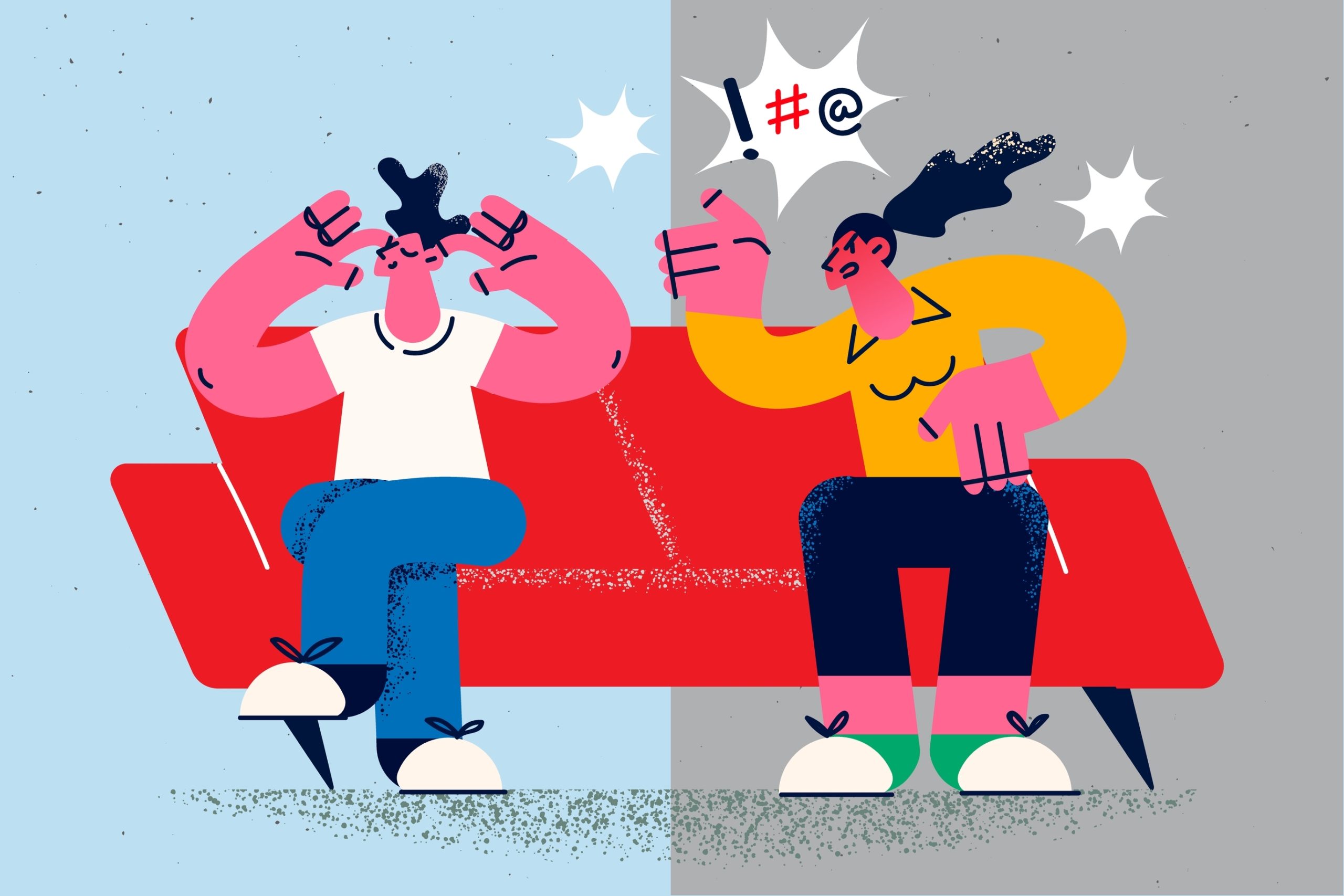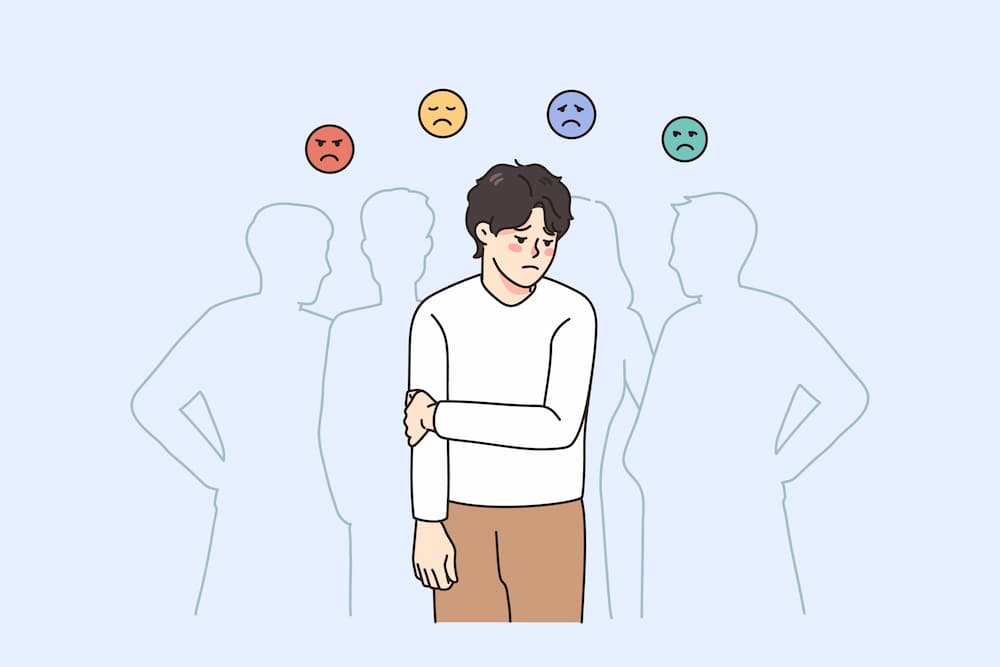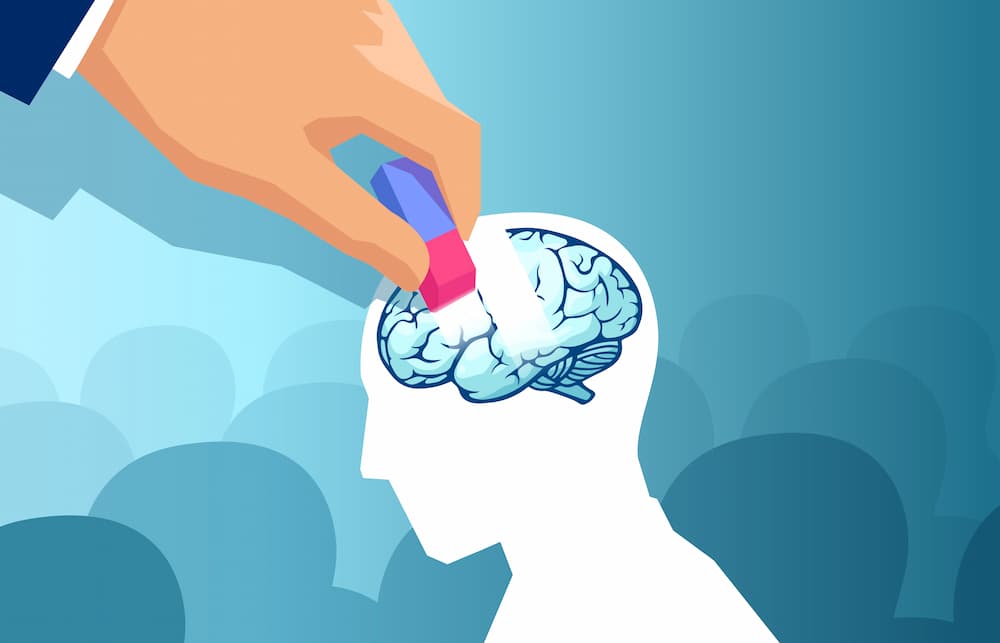Commitment issues are one of those behavior patterns that can make relationships exceedingly difficult. They can make us wonder if we’re even in a relationship or if it is only wishful thinking.
Signs of commitment issues can be mistaken for other types of problems, so the committed partner might frequently wonder if they did something wrong and become self-conscious about their own behavior. However, as a sense of instability and uncertainty persists, it becomes evident after a while that one of the partners can’t commit.
The term commitment issues, particularly in romantic relationships, refers to a pattern of behavior in which one partner has difficulty forming or maintaining long-term relationships. It can manifest in various ways for different people; for some, it’s feeling anxious or suffocated by the idea of commitment, and for others, tending to end relationships as soon as they start feeling serious. They frequently sabotage or avoid relationships, sometimes without consciously realizing what they’re doing. They might not even see any problems with their behavior or be aware of what commitment issues are.
The impact that these issues can have on relationships is significant. They can lead to a lack of trust and the person with the commitment issues being seen by their partner as unreliable or unpredictable. If the problem is left unidentified and unaddressed, it can lead to the breakdown of the relationship. The matter of how to deal with someone with commitment issues is tricky, particularly since it might seem like you’re trying to force your partner into a relationship they don’t want to be in.
Can You Have A Relationship With Someone Who Has Commitment Issues?
Depending on the circumstances, the answer to this question can be both yes and no. Sometimes it’s a case of “he’s just not that into you,” and sometimes, your partner’s commitment issues might stem from various underlying causes, like past relationship trauma, fear of vulnerability and intimacy, or the need for independence. Some of these causes require digging into, so they can be accurately identified and addressed to help the person with the issues cope with their fears in a healthier way.
If a person does want a committed relationship, but the fear of commitment is preventing them from maintaining one, there are ways to practice changing this behavior pattern. For example, professional help might be necessary in cases where distressing childhood experiences like neglect and abandonment caused the fear of commitment as a defense mechanism protecting them from the possibility of experiencing the same type of feelings. In addition, people who grew up with a lack of attention and care from their parents or caregivers might have grown accustomed to being independent and caring for all their needs on their own.
Sometimes a fresh perspective on things can change the established thought patterns and make the person with commitment issues feel and behave differently. Depending on the severity of the factors underpinning the problem, the process might require time, patience, and frequently, a giant leap of faith. However, the crucial thing to determine is whether the person perceived to have commitment issues simply prefers short-term relationships and has no desire to commit to anyone romantically. In such cases, moving on is usually the best option.

What Can Commitment Issues Lead To?
Aside from causing problems in romantic relationships, commitment issues can also cause difficulties in other areas of life. The mental distress they cause can be felt even in most circumstances that demand dedication and commitment to long-term goals. They might make those commitments willingly, but the emotional and mental health issues they might face can be quite severe and lead to anxiety and other stress-related disorders.
The environments and situations that can bring up one’s fear of commitment are not limited to romantic relationships. They can lead to problems in the:
- Professional environment. A person with commitment issues might reject or avoid long-term projects, negatively impacting their performance, effectiveness, and ability to keep a job.
- School. Higher levels of education, in particular, require committing to long-term goals and assignments and investing time and effort into plans that take years to achieve. As a result, a person with commitment issues might be discouraged from pursuing their education or career goals.
- Interpersonal relationships. Commitment issues can seriously affect relationships with most people in one’s life. For example, a person might lose close friends, have strained relationships with family members, and have complicated relationships with their partner and children.
How Do You Make A Relationship Work With Commitment Issues?
The first thing to remember is that working through commitment issues can require a lot of time and effort from both partners. Arm yourself with patience, and don’t hesitate to seek expert help if you suspect that the underlying causes might require addressing suppressed emotions from early childhood or other highly stressful life events or circumstances. The process can be challenging, but it’s certainly not impossible. After getting accurate information about what commitment issues are, do your best to:
- Be patient. Whether it’s you or your partner that are struggling with commitment issues, remember that changing behavior patterns takes time. Just because you managed to identify the problems doesn’t mean that they will disappear overnight. It takes practice and patience.
- Communicate. Open and honest communication between partners can help understand each other’s needs, concerns, and fears.
- Build trust. This is a crucial component of any relationship. Consistent and reliable behavior and honesty are the goals to aspire to.
- Focus on the present. Avoid putting too much pressure on the process by focusing on the future. Instead, try to enjoy the present and take it one day at a time. This can help reduce anxiety and stress.
- Set boundaries. Establishing clear boundaries and expectations from the relationship helps both partners know what to expect.
- Seek expert help. Both partners can benefit from expert guidance and support from an objective party. It can help if you get stuck along the way or succumb to wrong assumptions and unrealistic expectations.

PIVOT Is Here To Help You Deal With Commitment Issues And Achieve A Lasting Relationship
If both partners agree that the long-term relationship is what they want, working on resolving the causes of commitment issues might be easier with the guidance of an experienced relationship advocate. Individual sessions can help both partners determine their goals and expectations and work through the steps of establishing trust and connection that will make a lasting relationship possible.Escaping the stress of everyday life for a few days can help you focus on your life and relationship goals. Glass House retreats can offer the peace you need while attending small group workshops guided by PIVOT coaches. They can help you gain a new perspective and hear the experiences of other people going through similar issues. You can learn how to deal with someone with commitment issues or resolve your own and finally achieve the stability of a healthy relationship.
















